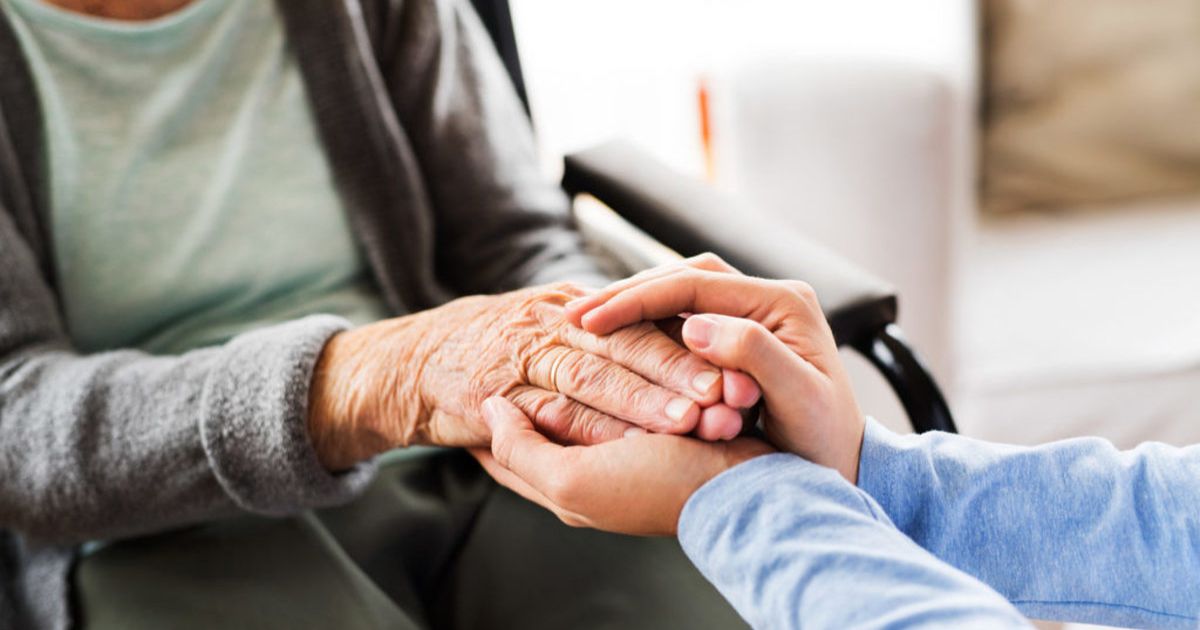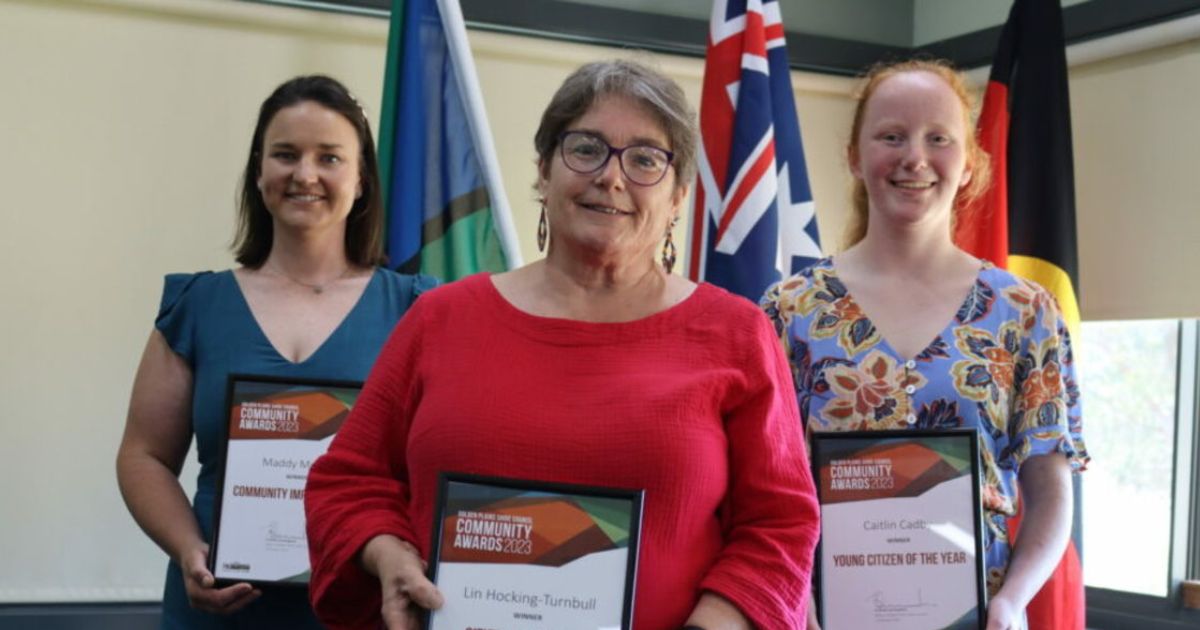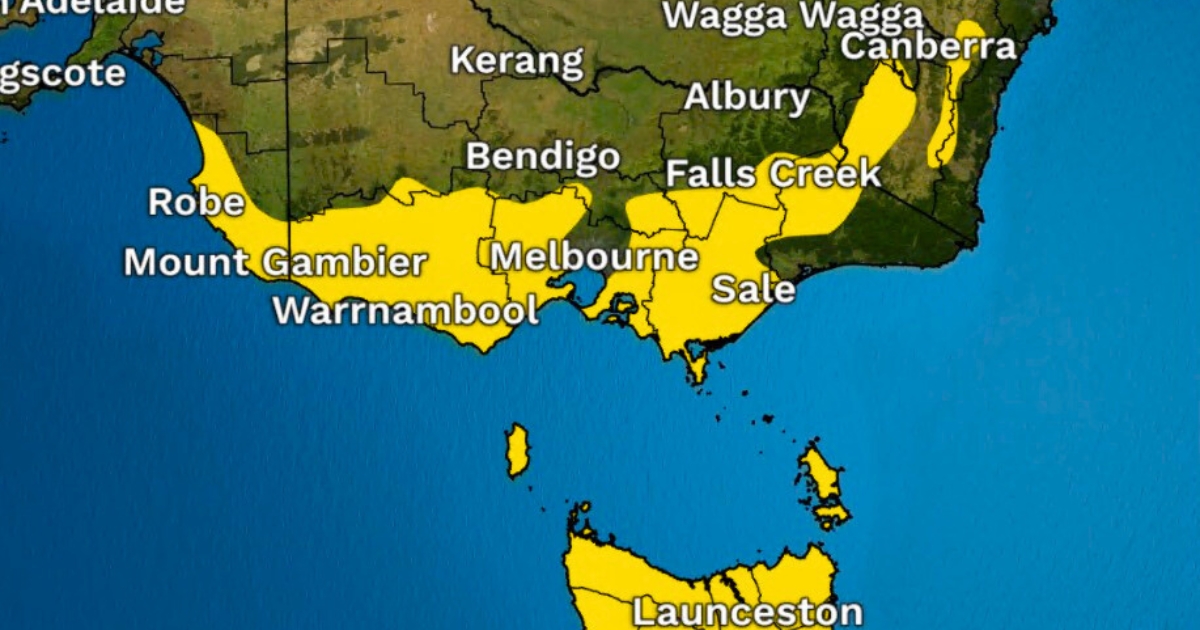Premier’s apology to state wards heard

Acknowledgement: Helen Sinnott was one of several people who attended a livestream event at the Mercure Ballarat last week for the Premier’s apology to former wards of the state who experienced abuse or neglect. Photo: TIM BOTTAMS
EMOTIONS ran high and childhoods revisited last week when Premier Jacinta Allan made a formal apology to Victorians abused and neglected under institutional care.
Livestreamed to the Mercure Ballarat from Parliament House on Spring Street, Ms Allan addressed more than 90,000 people placed in state care between 1928 and 1990.
Ms Allan’s address was followed by Liberal Party leader John Pesutto and Greens leader Samantha Ratnam.
Tom Rouhan, who entered state care in 1969 at about 12 years old due to an alcoholic and abusive father, wept during Ms Allan’s apology.
Initially placed in a Ballarat prison cell filled with adults, Mr Rouhan ended up at St Augustine’s Orphanage in Geelong, where he was sexually and physically abused.
“You were fed just enough food and had to go to church every morning,” he said.
“You’d be woken up with a strap with lead in the middle that left bruises. I couldn’t sleep, I’d have one eye open and one of the brothers, Houston, would drag me into his room and rape me.
“If you went to the nurses, it didn’t happen.
“You became like a machine. You didn’t feel love, you didn’t feel acceptance, and there was no counselling. You were told you were just number 173, that was my number.”
Mr Rouhan was moved to other boys’ homes before being left in a YMCA boarding house at 21.
“They paid for the week’s rent and walked out the door,” he said. “I had no experience of the outside world, didn’t know how to access money, or when to shower and eat.”
He said Ms Allan’s apology dredged up memories he hadn’t recalled for years.
“She was very genuine. I could see and feel she was moved and touched by the experiences,” he said.
“I’d never thought about my number until she brought up number 88, and I thought 173, that’s who I was, so that was tough.
“It’s been cathartic and I didn’t expect my emotions to go to the top.”
Growing up in Melbourne’s Methodist Babies’ Home, Helen Sinnott, was classed a ward of the state between 1951 to 1966 due to her mother’s status as a single parent.
She said her time in institutional care was detrimental to her education.
“We were taught all about God and not much else,” she said. “When I left the orphanages at 14, I could barely write, in fact I didn’t even know how to spell my middle name.
“Between the ages of 14 and 17, I had about 30 jobs because I was basically illiterate, growing up in an orphanage was not a good environment for an education.”
“I got seriously ill with Crohn’s disease which enabled me to get an education. I got put on a disability pension and studied a degree in electronics and social work.
“I worked in electronics all my life after and worked on the first EMI brain scanner in Melbourne.”
Though she appreciated Ms Allan’s apology, Ms Sinnott said more needs to be done to make up for care leavers’ gap in educations.
“She did a first-class job but I think one of the problems is I was incredibly lucky to get an education because I was ill,” she said.
“Most of my peers ended up having to work all their lives or got educations afterwards, mostly second grade, and it’s really limited the scope for what they can do.
“If the government is serious about taking care of their former wards of the state, they would be a good parent and give them the opportunity for an education they didn’t get as children.”
A redress scheme for care leavers announced in late 2022 is still yet to be rolled out with early payments currently open for those who are terminally ill.


















